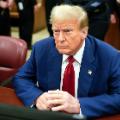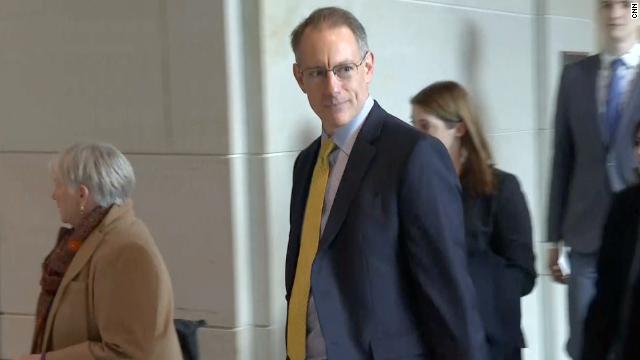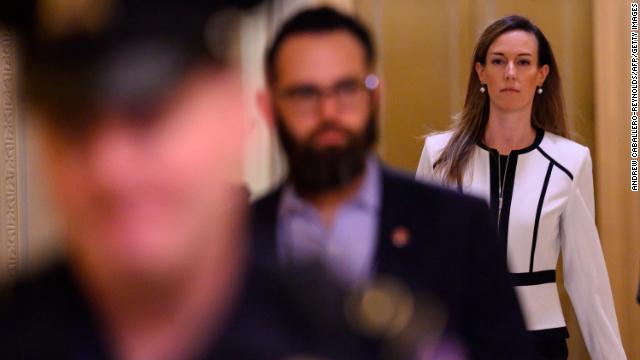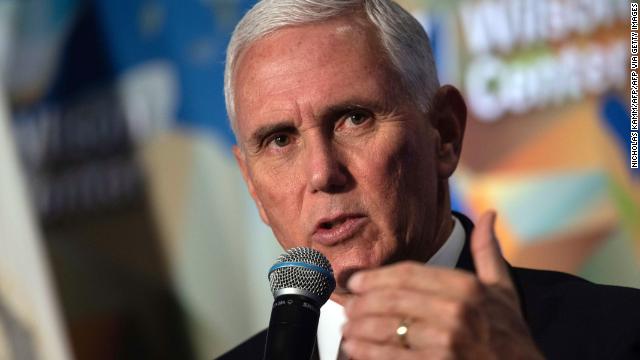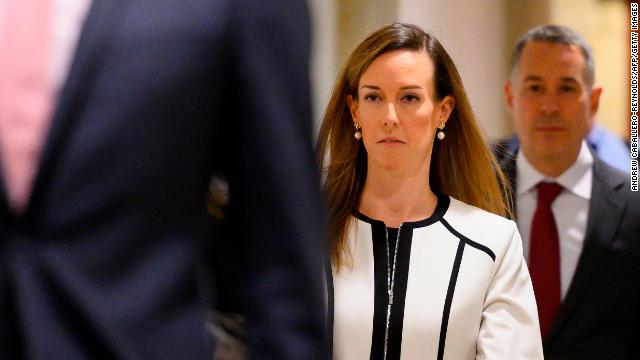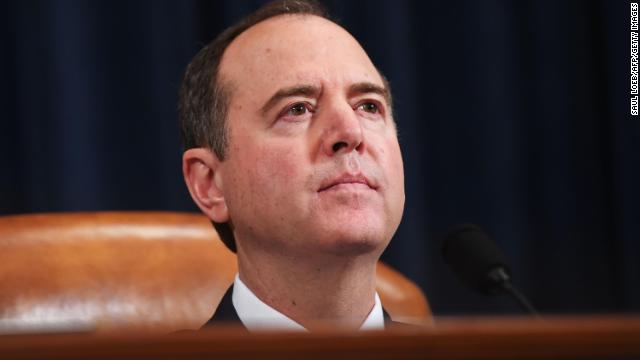Tim Morrison, the former National Security Council official, testified he had “concerns” about National Security Council official Lt. Col. Alexander Vindman's judgement in regards to policy.
Morrison said he was unaware that Vindman, who was on his staff, went to NSC lawyers to raise concerns about the July 25 call between President Trump and the Ukrainian president. Morrison himself told the committee he was not concerned about the conversation but was worried if it leaked it would be a problem for US-Ukraine relations.
Morrison said he only learned about it as he prepared for his own testimony and suggested he was bothered by what Vindman did.
The criticisms of Vindman, a critical witness for the democrats, could put the NSC official further in the crosshairs of the President who has called Vindman a “never Trumper” for his testimony about being alarmed about the push for Ukraine to pursue political investigations.
“I had concerns about Lieutenant Colonel Vindman’s judgement,” Morrison continued. "That he did not always exercise the best judgment in terms of the policymaking process and -- the policy process."
At another point Morrison said that he limited conversations to ensure that there be no suggestion witnesses were coordinating testimony once there was an awareness of an investigation regarding the Ukraine matters.
Morrison said former White House aide Fiona Hill had also alerted him to concerns about Vindman’s judgement.
Morrison said he didn’t have concerns Vindman might leak something, but that others brought concerns believing he would.
“Do you know whether Colonel Vindman ever had access to information he was not supposed to see?” Morrison was asked.
“Not firsthand,” Morrison answered.
When asked if Vindman talked “too much,” Morrison said Vindman “did not exercise appropriate judgment as to whom he would say what.”
Vindman said he was excluded from some trips and calls, including an August call between Morrison and charge d’affaires for Ukraine, Bill Taylor. The conversation, Morrison said, pertained to security assistance in Ukraine. Morrison said he wanted to have the conversation alone.
